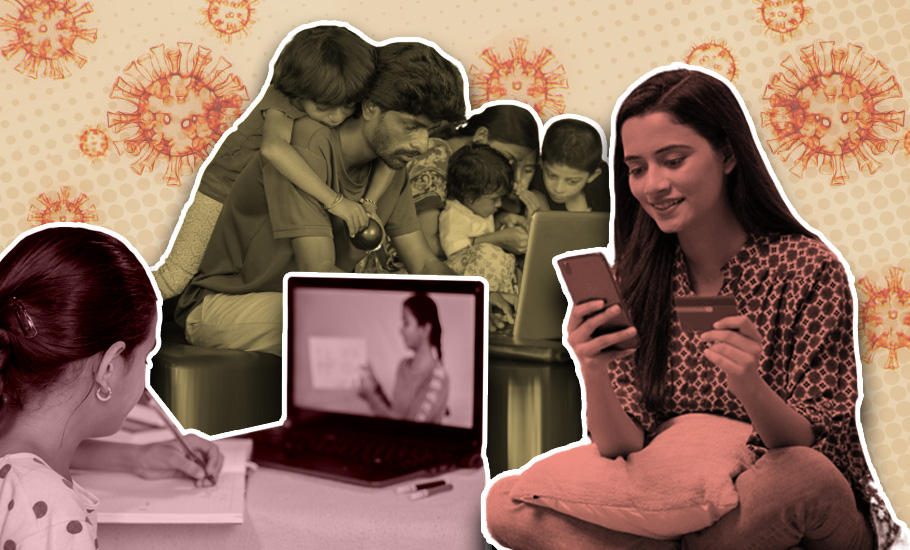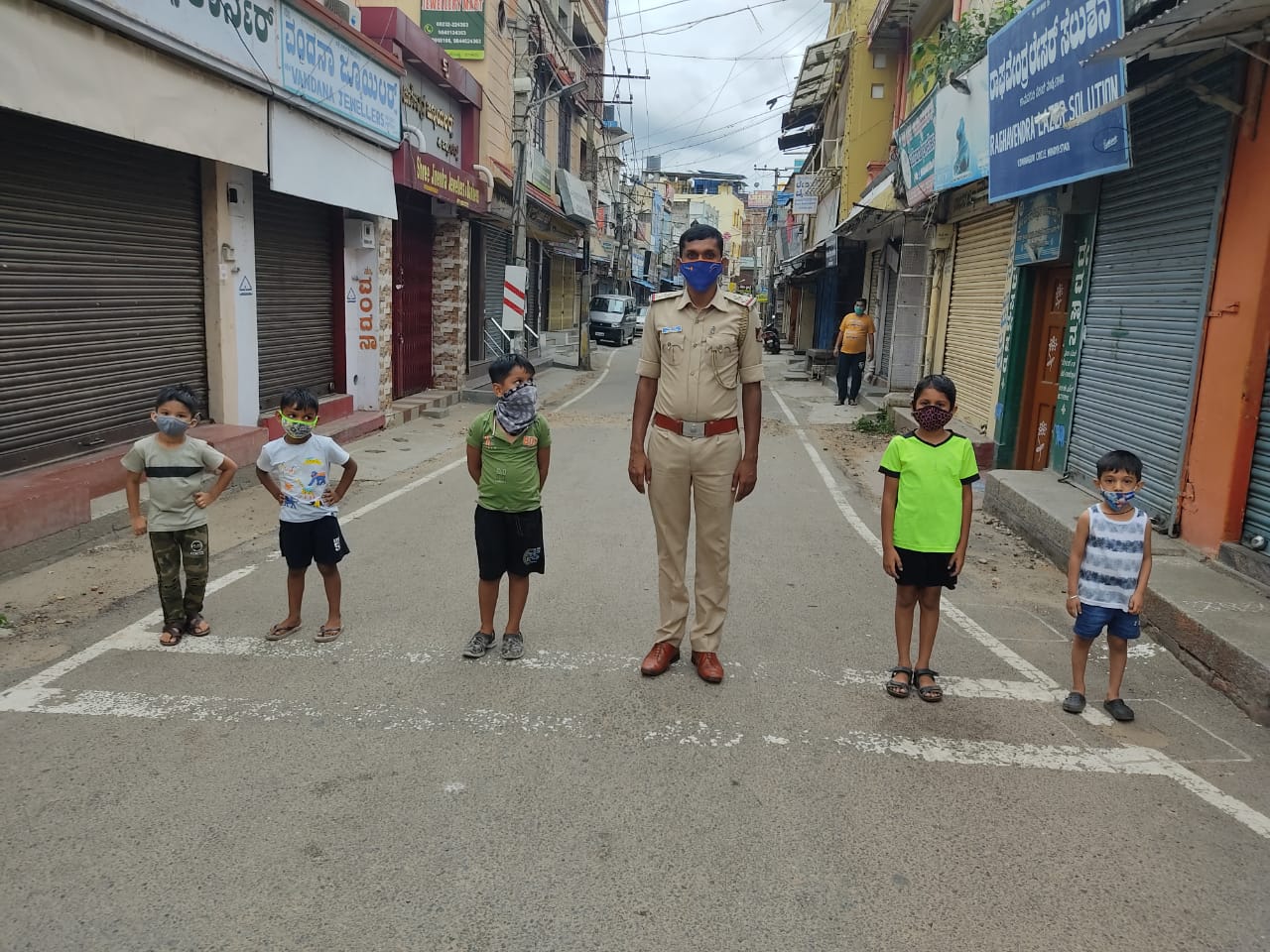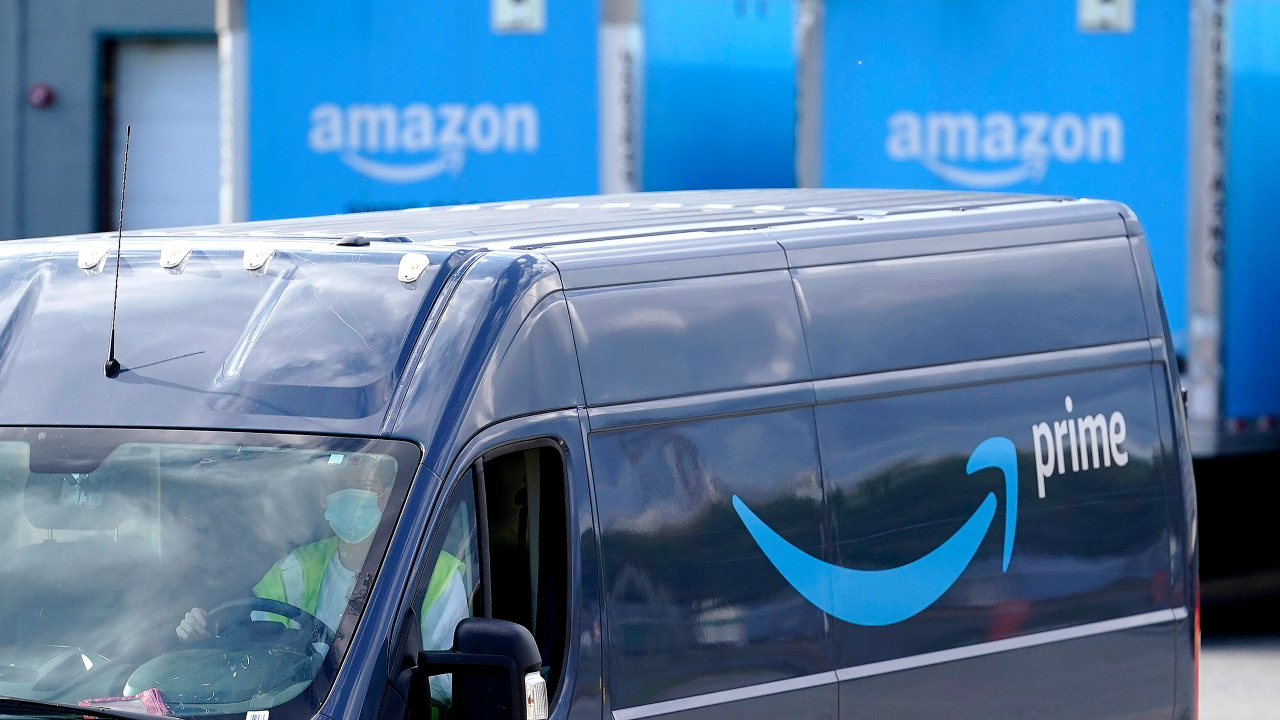
- Home
- India
- World
- Premium
- THE FEDERAL SPECIAL
- Analysis
- States
- Perspective
- Videos
- Sports
- Education
- Entertainment
- Elections
- Features
- Health
- Business
- Series
- In memoriam: Sheikh Mujibur Rahman
- Bishnoi's Men
- NEET TANGLE
- Economy Series
- Earth Day
- Kashmir’s Frozen Turbulence
- India@75
- The legend of Ramjanmabhoomi
- Liberalisation@30
- How to tame a dragon
- Celebrating biodiversity
- Farm Matters
- 50 days of solitude
- Bringing Migrants Home
- Budget 2020
- Jharkhand Votes
- The Federal Investigates
- The Federal Impact
- Vanishing Sand
- Gandhi @ 150
- Andhra Today
- Field report
- Operation Gulmarg
- Pandemic @1 Mn in India
- The Federal Year-End
- The Zero Year
- Science
- Brand studio
- Newsletter
- Elections 2024
- Events
- Home
- IndiaIndia
- World
- Analysis
- StatesStates
- PerspectivePerspective
- VideosVideos
- Sports
- Education
- Entertainment
- ElectionsElections
- Features
- Health
- BusinessBusiness
- Premium
- Loading...
Premium - Events

How COVID changed the way we live and look at life
The Covid-19 pandemic has spared no corners and has induced enormous changes either willingly or unwillingly around us.

With no one willing to bet on when the COVID-19 pandemic will end, coronavirus has shut the world for more than a year now. The pandemic has spared no corners and has induced enormous changes either willingly or unwillingly around us. We are surrounded by massive vaccination drives, virtual meetings, hybrid working, digital education, online shopping, fitness restricted to our homes, and a...
With no one willing to bet on when the COVID-19 pandemic will end, coronavirus has shut the world for more than a year now. The pandemic has spared no corners and has induced enormous changes either willingly or unwillingly around us.
We are surrounded by massive vaccination drives, virtual meetings, hybrid working, digital education, online shopping, fitness restricted to our homes, and a global crisis of unprecedented economic proportions affecting one and all.
Sometime in the future, there will be a return to normality. However, there is no doubt that certain things will change, probably forever. The pandemic has altered everyone’s lives, whether it is a customer, an employee, a citizen or a human. Therefore, we must expect to see behavioural shifts for many in this new world of uncertainty.
What will change
But what will have changed in the way we think? How will this influence the way we innovate, communicate, shape, and deliver the experiences that people need and want? The solutions to these issues will rest in the way people react and how individuals, families, and social groups discover new ways to live.
From a behavioural standpoint, an essential first step is to understand the likely implications of this pandemic on human experience, then look at how to respond.
There are a number of key human implications to expect from people’s behaviour that would likely shape the new normality. First, we see a loss of confidence because of the clear message of the pandemic that other people and places can deliver a hidden threat.
Resulting in indecision, especially in relation to important decisions about aspects such as holidays and where to live or work, this has become a very fear-driven process. (Many purchases are being postponed.) All of this is making risk less tolerable and the familiar more valuable.

The reduction in confidence makes trust way more important than ever before. This has led to a demand for actions that are effective, and if not, there are re-actions that are capable of rebuilding trust quickly and credibly.
Focus is now on confidence-building using all ways and means. Justifiable optimism will now sell well. All of this is changing the nature of what we regard as premium products and services.
Health economy & new virtual
Next, we see the compelled change during the worst of the pandemic to virtual working, consuming, and socialising which has fuelled a substantial increased shift to virtual activity for anything. It has influenced our ways of communicating, working, learning, transacting, and consuming. It is impacting everyone.
The use of digital is on the increase and the removal of obstacles towards going virtual for any sort of experience is now happening. Success will be for those who test and explore all associated creative possibilities and implement anything that can be done virtually now.
Then there is the need to stay healthy. Everyone is speculating that they cannot rely on the existing health structures but, nonetheless, want all the help they can get in every aspect of their lives.
Health experiences are in demand, with health being a consideration for everyone. The concern about health is being magnified and will not diminish even after the pandemic. Rather, health will dominate the discourse in the time to come.
A new health economy will emerge with opportunities for all to plug into. Everyone will need to understand how they can be part of a new health ecosystem that will dominate citizen thinking.
Home as the centre
On the other hand, everyone is being told to self-isolate which means home becomes the ‘central point’ of life and experience. For many workers, this results in spending more time at home.
Home comforts are resulting in a rise in home spending, for example, spending on the home and made-at-home stuff as people end up staying more local. The desire to isolate, along with opportunities for those with creative strategies to enable it, will become an important humanistic need.

Behaviours are starting to focus around the home and happiness, and the fact that the job can still be done successfully within this new normality.
Finally, the dependence on specialists and management directives, in addition to self-ownership to solve personal issues, brought about by the pandemic and backed by citizen compliance, provides real significance to leadership, which in many places has been eroded recently in popular culture.
However, if individuals stay resilient and authorities get their management of the pandemic right, then we can anticipate a top-down control to stay in place; but if not, we can expect individuals and citizens to make their voices heard.
A reinvention of management and authority is probable due to travel limitations, self-isolation and officially mandated lockdown worldwide. Greater acceptance of the role of government and companies in society, and the importance of collective behaviour, too is likely.
Sticking to essentials
On reflection, people tend to feel less stressed when working remotely and being cocooned at home since there is not much travel and even less rushing around.
Perhaps this catastrophe has transformed people into becoming self-sufficient, relatively introverted, and less sociable. Even the extrovert has had to change; they have achieved their need to energise with others through social media and the ability to conference call and meet face-to-face using technology.
The pandemic has completely changed the world in many ways as retailers have shut shops. People have started to don a new lens and have begun to look at products and services in an entirely new way. For example, dining-in has paved the way for takeouts and parcels.
Demand for hygiene and cleaning products are now the new indispensable items. Non-essential products have been dropped. There is a surge in demand for gadgets right from those that aid children’s education to cleaning bots for the house and avoiding bringing domestic help into homes. We are seeing a rise in the desire to learn and even to play, in addition to being entertained using the digital platform. So, work from home became the norm rather than an exception!
Need psychology: Prudent vs emotional
Among many such behavioural aspects that have been severely affected, we could relate to the sphere of need psychology. People have become more conscious of their purchases and limit their buying to immediate needs. They are anyway urged and insisted not to step out beyond their locale and embrace online more extensively, not only to buy things but also to stay in touch with the community.
As research indicates that people go through a process of cognitive and affective evaluation before buying a product, it is interesting to study how these human psychological factors were affected by the pandemic.
The first time since our introduction class in late august 2020 we have been able to have a social gathering with our MA class (after the last – online – exam). It was amazing ❤️ (thanks to Denmark we all were vaccinated or tested prior to the meeting) pic.twitter.com/NcOdPxjoGn
— Prof Laura McAtackney (@LMcAtackney) June 11, 2021
It is only fair to explain what cognition and affect are. The Cambridge dictionary defines cognition as “the use of a conscious mental process”, and affect as “to have an influence on someone.”
In still layman terms, say, when a person is shopping for a shirt, if he/she evaluates the material, quality and the price, it is cognitive behaviour. On the contrary, if he/she sees a shirt and is in love with it so much and he/she does not evaluate anything else but simply wants to buy it, it is affective behaviour.
In regular times both are given credence. However, the pandemic has exposed many exciting aspects of human buying behaviour that shed light on what human needs really are.
The focus among people remains on being extra careful while spending money on items other than essentials. On a closer look, it would be evident that these are buying behaviours related to the cognitive thinking of the people so as to safeguard their lives. For instance, in pre-pandemic days in India, only 10% were interested in purchasing insurance with pandemic disease coverage, but this has changed to 70% post-pandemic.
The question that now remains to be answered is what about affective behaviour. Has ‘affect’ not influenced consumer buying during these times? In many strange ways, it has exposed that man cannot remain happy only by being prudent.
Let us take the world’s most popular online streaming service, Netflix. In 2020, the company saw a whopping 36 million new subscriptions. But interestingly, this trend has not gone through in 2021 for the company. Among many reasons, the online streaming provider is facing a skewed line-up of programmes for its subscribers, which has resulted in people opting out.
People’s behaviour is not only cognitively prudent as those who treasure economically stable and prudent lives but is also affective as those who would love to connect, socialise, make merry, be entertained, open and in unrestricted ways during normal times and to the best possible extent be it even in a confined way during pandemic.
(Dr. Rahul. P is a visiting faculty at Loyola College, Chennai and Behavioural Consultant. Dr. Stanley Oliver, Dean and Founding CEO of Doctoral College, UK.)
